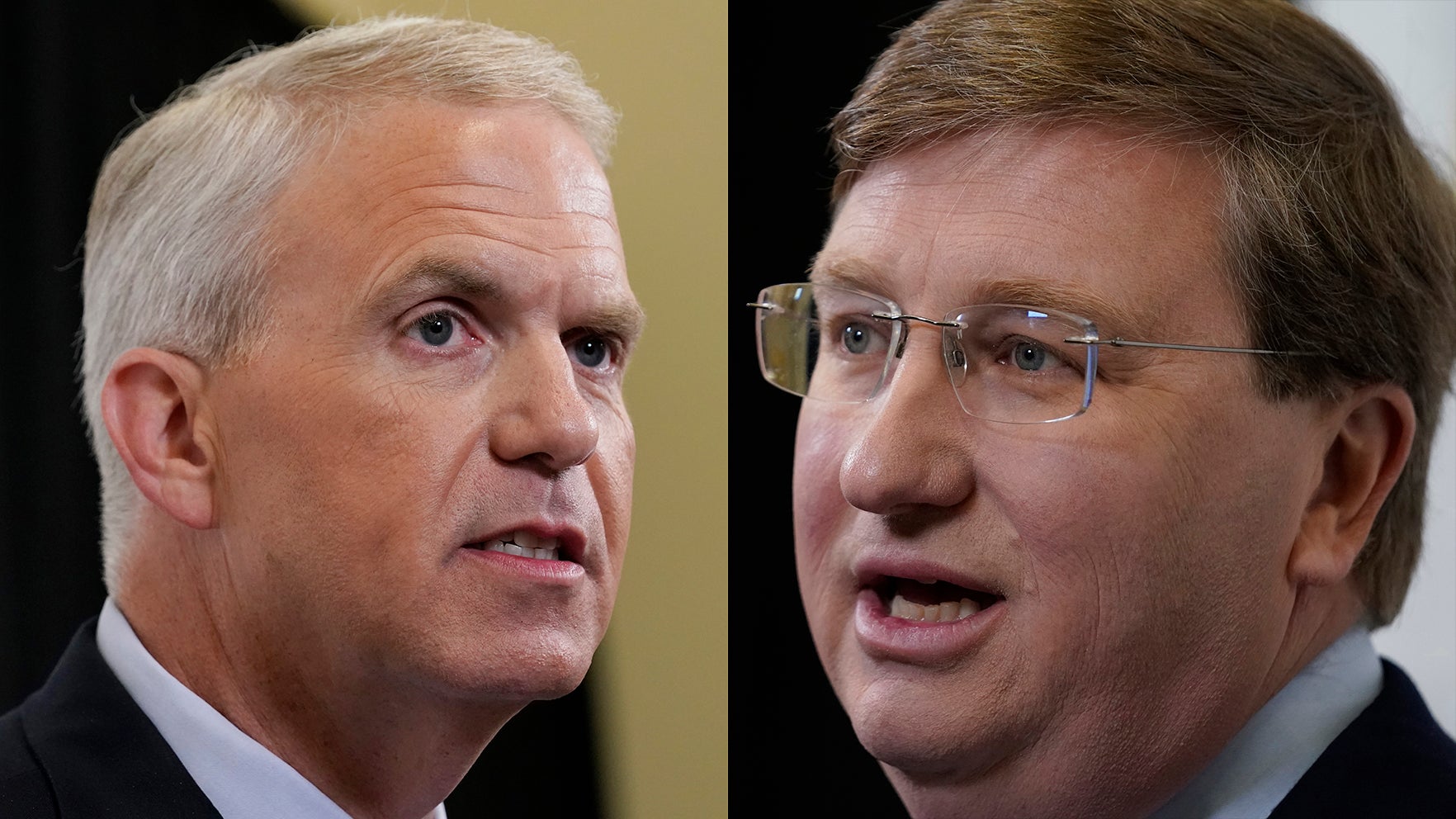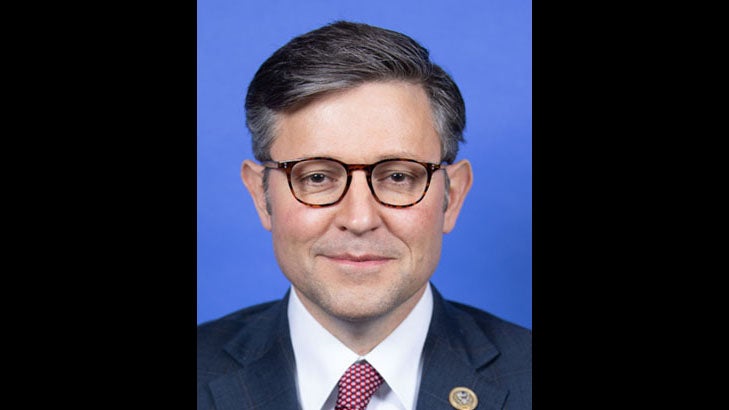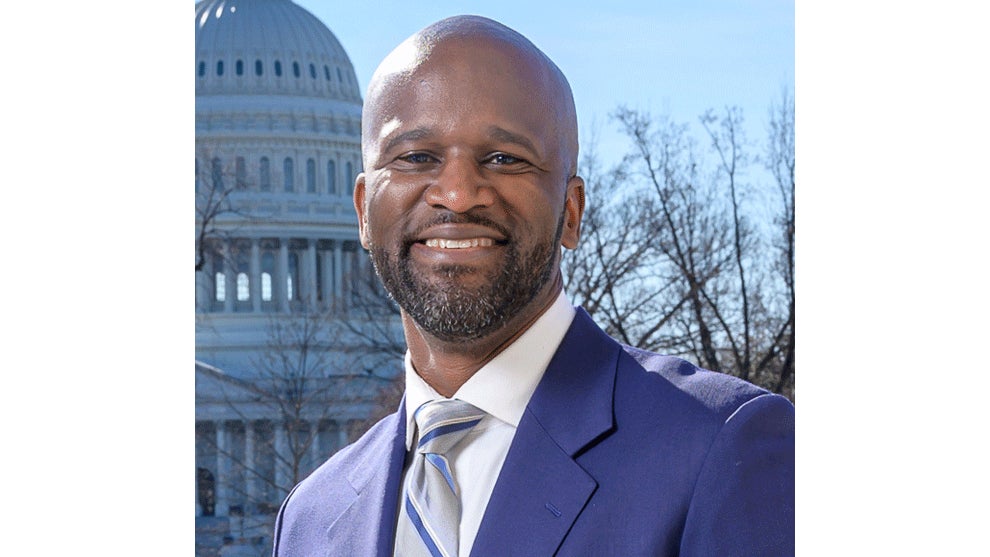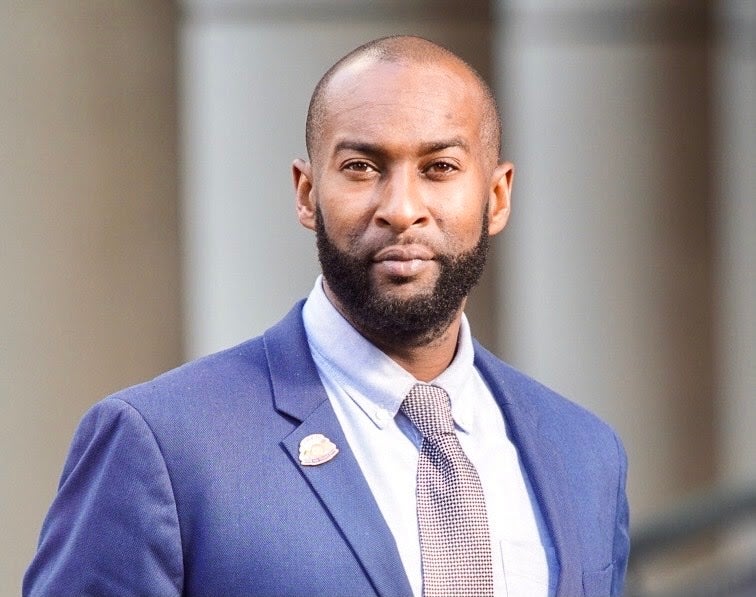More people eligible for medical marijuana program in Louisiana
Published 2:05 pm Sunday, June 3, 2018
BATON ROUGE, La. (AP) — More Louisiana residents with chronic pain and suffering will be able to seek treatment for their ailments through the state’s medical marijuana program.
Gov. John Bel Edwards agreed to the expansion proposal a few months ahead of when therapeutic cannabis is expected to be available to patients in the state. The Democratic governor was signing the new law Saturday, according to his spokesman Richard Carbo.
The bill by Rep. Ted James, a Baton Rouge Democrat, adds glaucoma, severe muscle spasms, intractable pain, post-traumatic stress disorder and Parkinson’s disease to the list of diseases and disorders eligible for medicinal-grade pot.
Edwards also has signed a measure by Rep. Rodney Lyons, a Harvey Democrat, to allow medical marijuana for certain people with autism spectrum disorder.
Lawmakers narrowly agreed to both bills during the regular legislative session that ended last month, but the governor hadn’t publicly said whether he’d support the expansions.
Prior laws, passed in 2015 under former Gov. Bobby Jindal and tweaked again in 2016 under Edwards, allowed use of medicinal pot for people with cancer, a severe form of cerebral palsy, seizure disorders, epilepsy, muscular dystrophy and other specific diseases.
During debate on the expansion proposals, supporters said marijuana could help veterans suffering from PTSD and others with severe medical conditions, rather than steering them to addictive opioids. They said people have moved out of state to gain access to medical cannabis.
Opponents said lawmakers should wait until the medical marijuana program begins before expanding eligibility.
Medical marijuana is expected to be available in Louisiana by late summer. Marijuana can be available in medicinal oils, pills, sprays and topical applications, but cannot be sold in a form that can be smoked.
Only the agricultural centers at LSU and Southern University are allowed to grow therapeutic cannabis, overseen by the state agriculture department. Both schools have selected vendors to run the growing operations and are working through their individual startups.
Nine dispensing pharmacies have been selected around the state. Meanwhile, a handful of doctors have applied for and received permission to dispense medical marijuana once it’s available.





